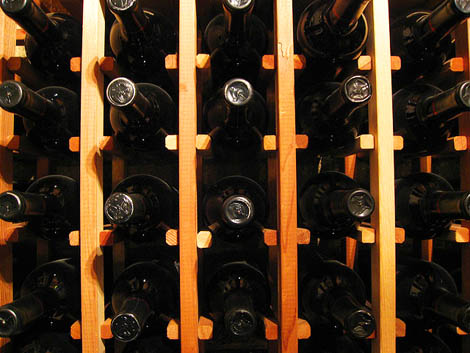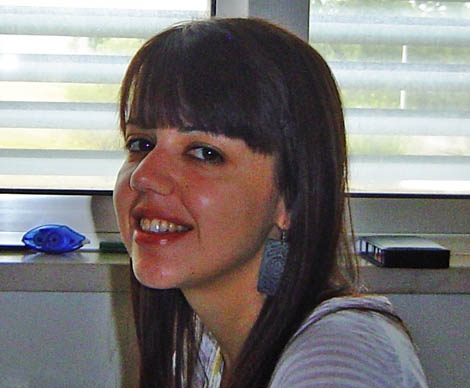 A “Digital Winemaker” was developed by researchers from the Universities of Coimbra and Madeira to deepen the aging process of Madeira Wine.
A “Digital Winemaker” was developed by researchers from the Universities of Coimbra and Madeira to deepen the aging process of Madeira Wine.
A team of researchers from the Universities of Coimbra and Madeira, in partnership with the Madeira Wine Company, the largest producer and exporter of Madeira Wine, developed a model that allows us to characterize and deepen our knowledge of the aging process of Madeira Wine, with the objective of safeguarding the characteristics that make it unique and guaranteeing the highest quality in each harvest.
In simple language, the researchers propose a “digital winemaker” «developed and validated from useful information immersed in a vast set of data collected from the aging process, capable of identifying the evolutionary trend for the wine under analysis, a trend that stems from complexity of the reactions that occur during its maturation process».
«Lets know, p. ex., which compounds are most important to explain the dynamic aging behavior of Madeira Wine and which can be considered markers of its maturation state», explains researcher Cristina Pereira.

By x-raying and analyzing what happens in the wine over time, this model "is able to predict and detect deviations on the road to aging, and can help in the adoption of corrective measures if any problems arise, as well as avoiding future economic losses", adds the investigator.
«With detailed knowledge of the characteristics of Madeira Wine, it is even possible to detect abusive marketing practices, protecting the unique identity of this excellent product», he maintains.
Another added value of the developed model is that it is an important tool to help winemakers, allowing them to make timely decisions about the future of the wine of a particular vintage, given that each vintage is different, depending on various sources of important variability (growing area, weather conditions, yeasts, etc.) and that can affect the aging process of the wine.
This tool indicates whether the wine from a particular vintage has the potential to reach the desired level of quality.
After completing the characterization studies of the Madeira Wine compounds and the development of explanatory and predictive models, the researchers will now focus on the possibility of developing corrective methods for any detected deviations.
Author: Cristina Pinto (Press Office – University of Coimbra)
Science in the Regional Press – Ciência Viva


















Comments